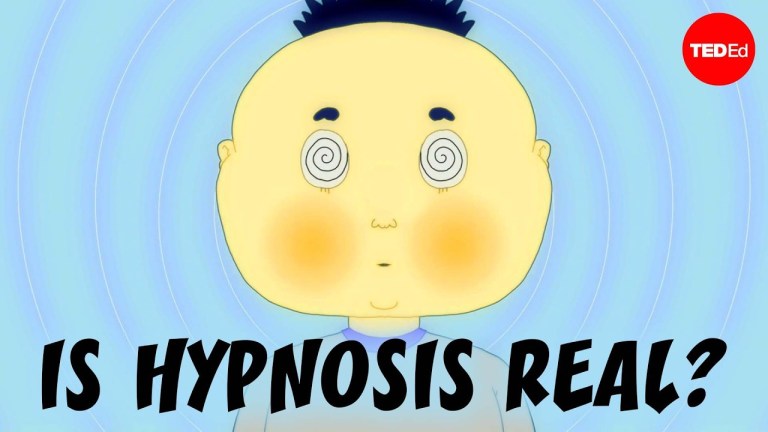How Specific Words, Phrases and Names Can Sound Similar Despite Having Completely Different Origins
Minute Earth took a look at a the linguistic construct of the “Similarity Trap“, in which certain words, phrases and names can coincidentally sound, be spelled and/or have similar meaning with one another despite coming from completely different origins. A good example of this is with the modern terms – “emoji” and “emoticon”.
The similar sounding words emoticon and emoji they describe similar things son you think they’d have similar origins but emoticon is a combination of the English words emotion and icon, while the word emoji combines the Japanese words for picture and character. So the two words don’t actually hint at any hidden relationship between English and Japanese.






